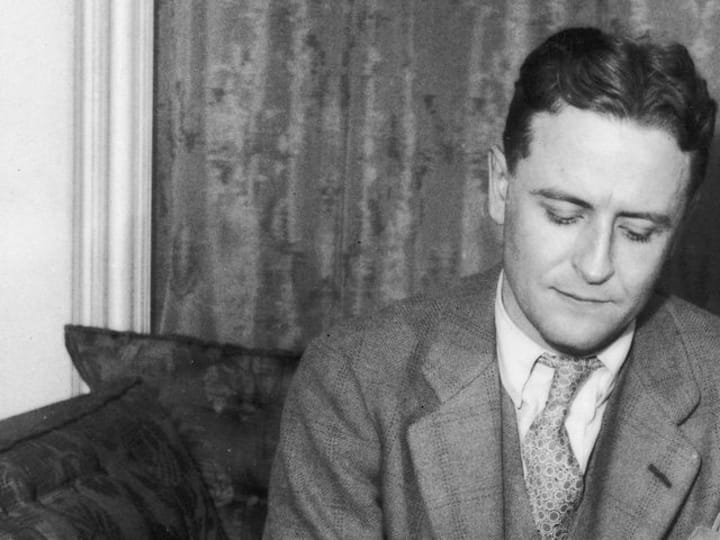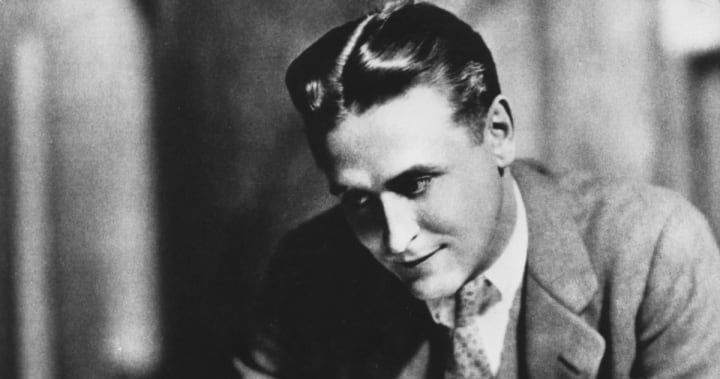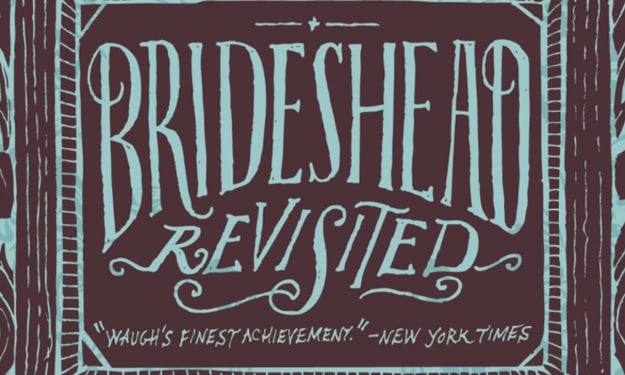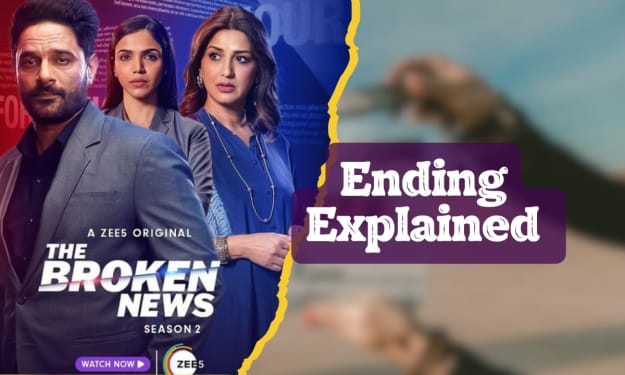"The Diamond as Big as the Ritz" by F. Scott Fitzgerald
A Reading Experience (Pt.4)

I first read “The Diamond as Big as the Ritz” by F. Scott Fitzgerald when I was fourteen years’ old. I discovered it whilst searching for short stories about money and wealth in the early American 0th Century and the reason being was I wanted something to counteract my views of how it all worked based on the fact I’d just finished O.Henry’s “Gift of the Magi”. By this point, I had already read “The Great Gatsby” and wasn’t all too impressed. I found Gatsby a bit too short in its explanations and descriptions. I wasn’t all impressed because of the fact that Gatsby was attempting to explain these deep philosophical workings of how wealth can absolutely corrupt even when the intentions are, in the eyes of those carrying out the intentions, particularly good. But I was determined that I wouldn’t give up on Fitzgerald. I hardly ever give the author only one chance and normally read two or three books by them in order to make an informed decision of whether I will continue reading their books. My first reading experience of this particular story though was intensely good. It was amazing. I was completely consumed with all the pomp and decadence of the story and the way it worked so cleverly and so symbolically. There are certain parts of the story that I have simply not been able to forget - including the extremely famous ‘bribing god’ scene. This book completely changed my opinion of Fitzgerald and even though to this day, I’m still not entirely won over by Gatsby, I am however won over by Fitzgerald’s other novels.
My favourite character in this book was always Percy Washington. Percy is the kind of character who you believe, because he is a child, has good intentions as most children do - but in fact, he is actually incredibly manipulative of John Unger. When they are on their way to Midas School, the first impression you get of Percy is that he is a kind hearted small boy who just wants to share his Almanac with another kind heart small boy. But in fact, if you read the entire story, you can see that Percy is just making good conversation in order to win over John and in order to start telling John about his own home. What makes Percy so great is that he sticks to his secrecy of his true intentions even when the story is in strife. It is through the sisters that John finds out about what is going to happen to him, not through Percy. Even though it is Percy who John has the most faith in. Percy’s biggest fault though is his inability to sympathise with John even though he knows full well what he is letting John in for. It is this act of unsympathetic friendship which forces Percy, in the time of strife, to side with his father and this ultimately leads to Percy’s rather symbolic death. Percy represents the population of the second generation rich kids. He is both kind in order to win over the public he is entertaining and manipulative in order to get them to do exactly how he says. In his father’s plan, Percy seems to be a pawn that is put in the front-line in order to lure in people as they will nearly always take a good liking to a small, rather adorable little boy rather than an ex-army man with PTSD. Percy is the representation of the front-line war man and the second generation rich kid, an influencer before there was a word for one.

A key theme in the book is religion. Yes, I said religion. We know about the money and the riches, the wealth and the pomp of the story because it is very obvious. When it comes to religion, there is very little that you initially have to go off, but when you look deeper there are obvious ritualistic practices and almost doctrines that are followed pretty much like money is the religion of the population of the home. First of all, we have the fact that there is a patriarchal figure who believes in his own status as the head of the home, then we have the fact that there is a prison for what are named as the non-believers or the heretics. Finally, in order to solidify this religion, we have the very famous conversion scene in which Mr. Washington seeks to ‘bribe god’. It is almost a direct copy of the biblical story of Abraham and Isaac as Mr. Washington and Percy approach the mountain. This theme really solidifies the fact that money and wealth are not only the most important aspects of their life but there is also almost a doctrine in which worshipping wealth is seen as to have a positive effect on how the wealth will accumulate in the future.
This story means quite a lot to me because not only did it change my view on F. Scott Fitzgerald’s literature, but it also allowed me to experience the way in which the American jazz age believed in wealth, status and money without experiencing the overthought attention to realism and no detail attempted by the rather dull “Great Gatsby”. This book though it has no realism in its story, is completely real in its philosophy and I believe that it is the best thing Fitzgerald ever wrote. In my latter reading experiences, I have seen that especially in Fitzgerald’s other works, there is a great attention paid to this experience of money and wealth as a kind of religious or doctrine lifestyle, dictated by those who are at the very top of the chain. In my re-reading of this story and my subsequent teaching of this story the one thing that I have loved to investigate is the dynamics of the Washington family. Although they seem distant and almost disconnected in many ways, there is certainly a common belief between the family members that there is a certain amount of caution between who knows them and who ‘knows’ them. This, I also believe, is the best thing about the book. There is a great set of family dynamics and the way in which the family determines how they live in secrecy and who knows about this secrecy.

I think more people should read this book because it really displays Fitzgerald’s writing ability in his shift away from blunt realism. The storyline is in no way realistic, but the themes and philosophies display an America that Fitzgerald knew about - and it is splitting at the seams. People still widely read this book today as I have met people that have read the majority of Fitzgerald’s literature and they have even noticed the way in which this is so different to Fitzgerald’s “Gatsby”. I think that this story actually displays his writing style with more clarity and defiance against the general consensus of jazz age literature. In my next re-read of this story, I would like to focus on the key differences in character, however subtle they are, between Percy and John, especially when they first meet.
“At any rate, let us love for a while, for a year or so, you and me. That's a form of divine drunkenness that we can all try. There are only diamonds in the whole world, diamonds and perhaps the shabby gift of disillusion.”
"The Diamond as Big as the Ritz" by F. Scott Fitzgerald
About the Creator
Annie Kapur
200K+ Reads on Vocal.
English Lecturer
🎓Literature & Writing (B.A)
🎓Film & Writing (M.A)
🎓Secondary English Education (PgDipEd) (QTS)
📍Birmingham, UK






Comments
There are no comments for this story
Be the first to respond and start the conversation.